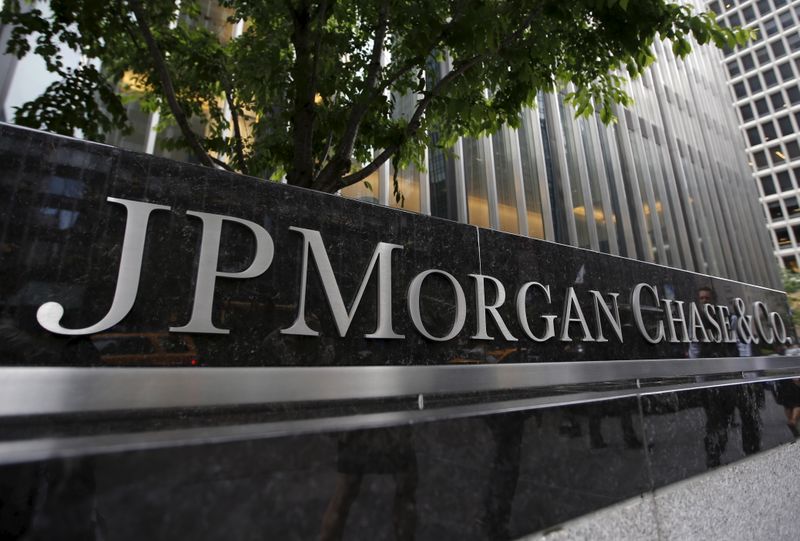LONDON (Reuters) – JPMorgan Chase & Co <JPM.N> is moving about 200 billion euros ($234 billion) of assets from the United Kingdom to Germany as a result of Britain’s exit from the European Union, a source familiar with the matter said on Wednesday.
In January, the bank had also announced it would significantly expand its Paris hub as part of plans to relocate some services from London after Brexit.
The shift sees JPMorgan follow similar moves by other big banks in Britain, as regulators in continental financial hubs such as Frankfurt and Dublin urge banks to book their assets locally.
Barclays for example has moved its European headquarters and almost 200 billion euros in assets to Dublin, Reuters reported last year.
The source did not specify what type of assets JPMorgan was moving to Germany, but for banks making similar moves, it would typically include cash and financial securities such as stocks and bonds that banks hold in inventory for clients to trade.
A JPMorgan spokeswoman declined to comment.
The shift in assets represents part of banks’ routine planning for life after Britain leaves the European Union, when they will likely no longer be able to book their entire trading operations for the contintent out of London.
Clients of those banks in Europe will now trade with the lenders’ local banking entities rather than the UK-based subsidiary.
Banks using Britain as a gateway to the European Union must fully execute their plans for serving EU customers before a Brexit transition period ends in December, the EU’s banking watchdog said in July.
Last year, consultancy EY said assets worth nearly $1 trillion were being moved from Britain to new financial hubs in the European Union ahead of Brexit. (https://reut.rs/33Upshd)
JPMorgan plans to finish the migration of assets to its Frankfurt-based subsidiary by the end of 2020, according to Bloomberg News which first reported the asset shift earlier on Wednesday.
($1 = 0.8556 euros)
(Reporting by Lawrence White in London and Abhishek Manikandan in Bengaluru; Editing by Krishna Chandra Eluri and Pravin Char)























